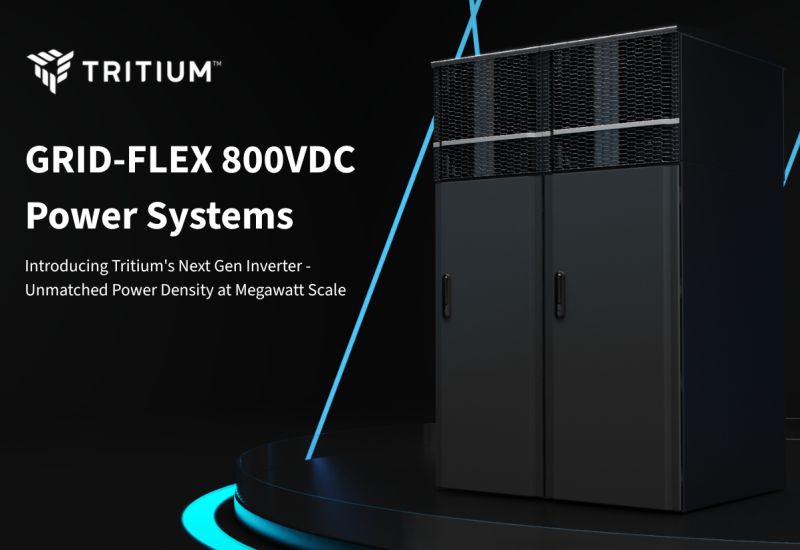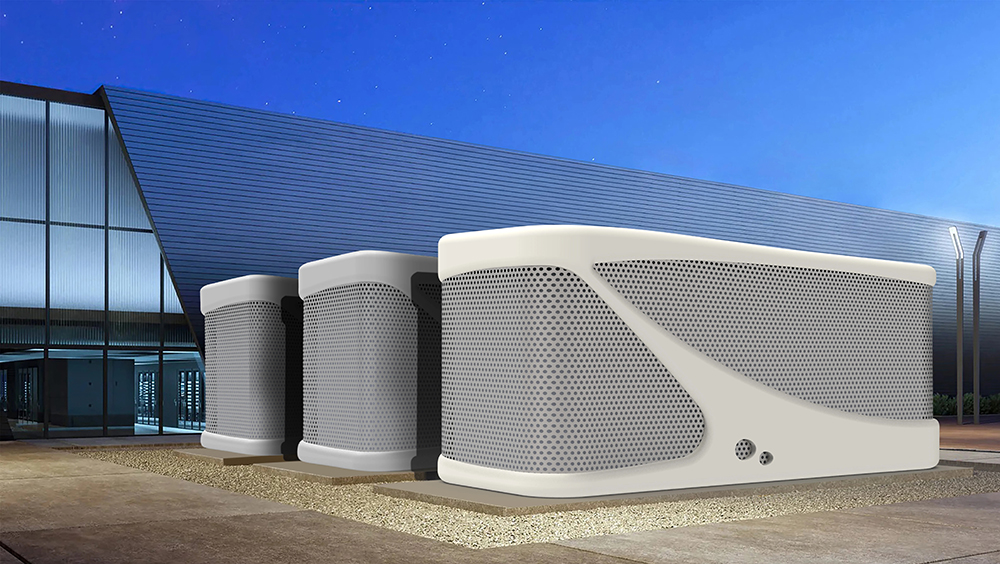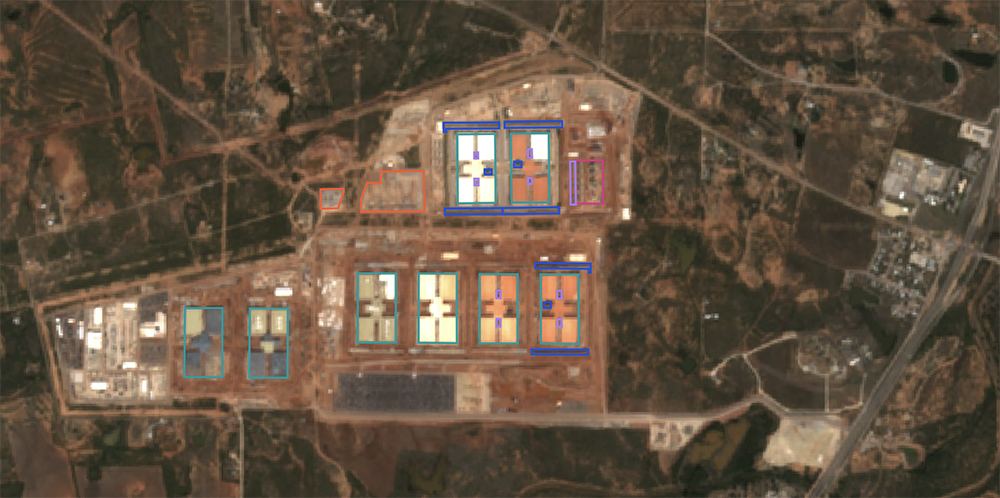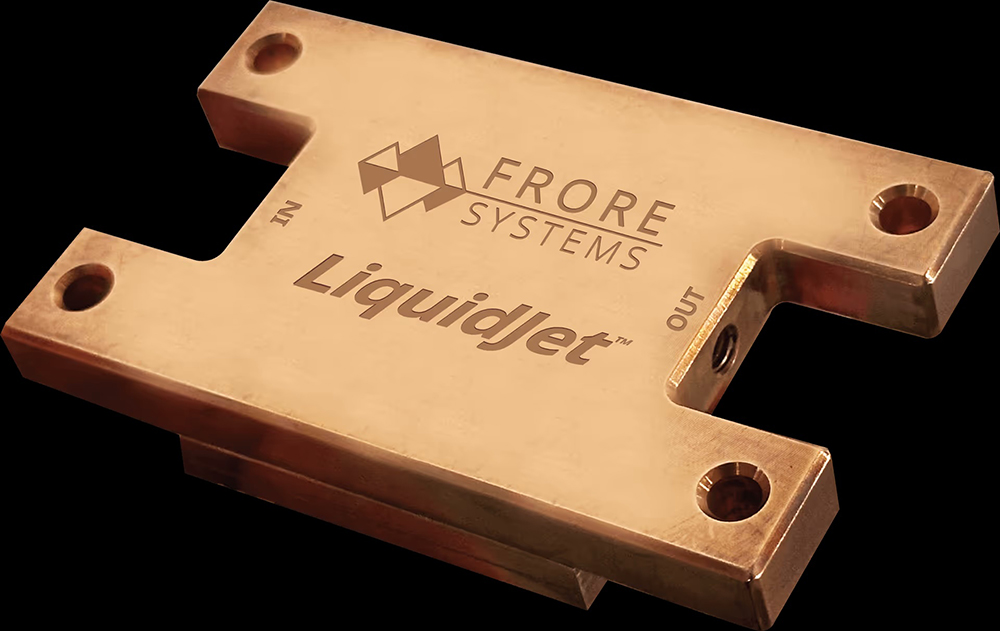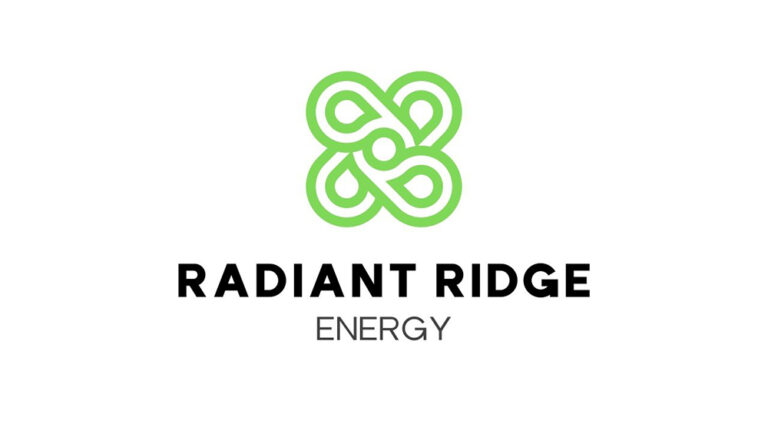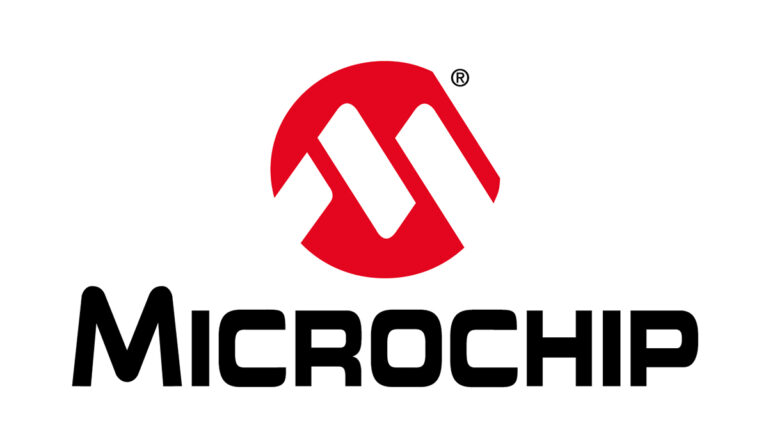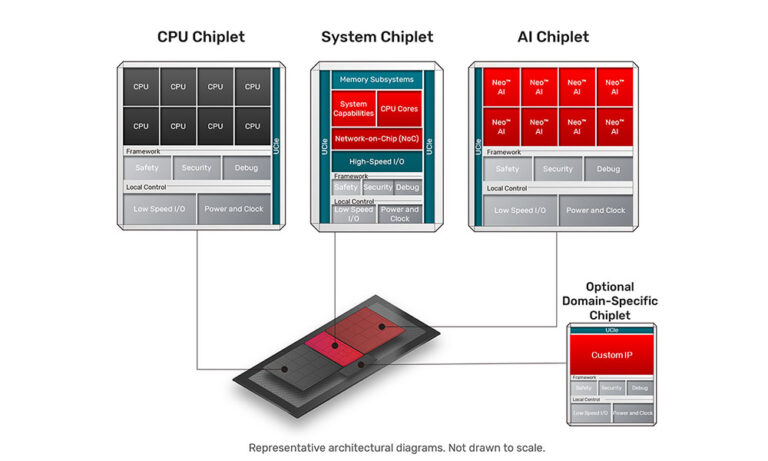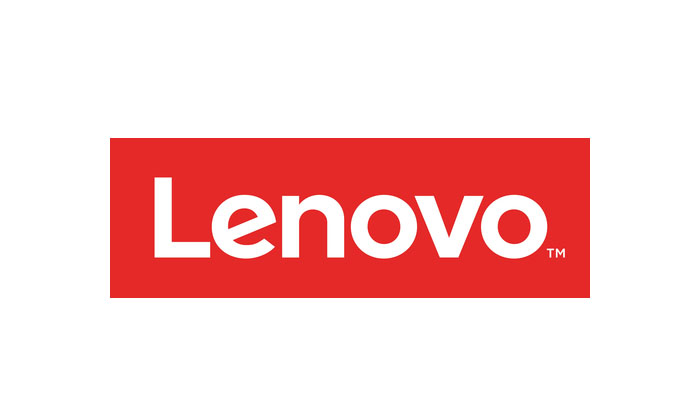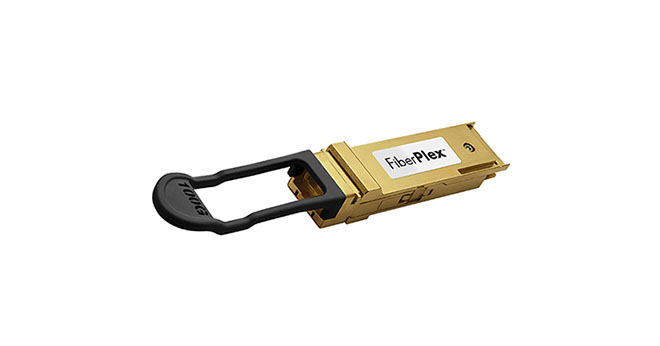Infobell IT Solutions, a global provider of AI and product engineering technologies, has expanded its collaboration with AMD to deliver high-performance, enterprise-scale AI solutions utilizing AMD Instinct GPUs and EPYC CPUs. This partnership leverages AMD’s fourth-generation CDNA architecture alongside its open-source ROCm software stack, enabling accelerated training and inference cycles for AI, HPC, and cloud applications.
The company states its AI offerings integrate models optimized specifically for enterprise and hybrid cloud workloads. Infobell’s AI portfolio includes specialized platforms and solutions such as the AI Inference Framework eXpress (IFX), DocPrep RAG, Transcribe, ConvoGene, VAST, SmartE, EchoSwift, advanced performance analytics, and specialized Large Language Model (LLM) training.
The solutions use AMD Instinct MI350 series GPUs, built on AMD’s advanced fourth-generation CDNA architecture. According to AMD, these GPUs provide high-level memory capacity and performance, supporting workloads across Sovereign AI and hybrid HPC-AI architecture deployments.
“At Infobell, we don’t just build AI—we engineer it for performance, reliability, and enterprise scale,” said Ramana Bandili, Chief Executive Officer at Infobell IT Solutions. “Leveraging AMD Instinct MI Series GPUs and the ROCm software stack, we fine-tune large language models, deliver seamless multimodal AI experiences, and optimize performance across the entire stack. Our collaboration with AMD enables us to bring transformative AI solutions to enterprise customers with exceptional speed, cost-efficiency, and sustainability.”
Gallery Systems, which provides collections management applications for museums and cultural institutions, reports that Infobell’s performance engineering expertise delivered a 90% performance improvement by significantly reducing their data processing time.
In addition to data center and enterprise applications, Infobell notes collaboration examples in engineering and energy sectors, highlighting operational efficiency improvements achieved through faster AI integration.
Source: Infobell IT Solutions

